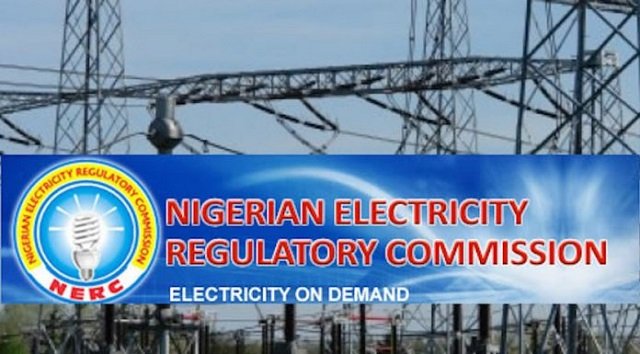The Nigerian Electricity Regulatory Commission has officially adopted the African Forum for Utility Regulators’ mini-grid Tariff Tool.
The commission disclosed this in a statement posted on its official X handle on Friday.
“The Nigerian Electricity Regulatory Commission (‘Commission’) is pleased to announce the formal adoption and release of the African Forum for Utility Regulators mini-grid Tariff Tool,” the statement said.
NERC explained that the tool, developed in partnership with AFUR and key stakeholders, “enhances the process of determining cost-reflective tariffs for mini-grid projects” to ensure fair and efficient pricing.
“The tool supports the implementation of the amended Mini-Grid Regulations 2023 by introducing new features such as Portfolio Applications, which allow developers to register multiple mini-grid sites under a single application.
“This simplifies processes, fosters efficient regulatory oversight, and benefits from economies of scale, helping to reduce end-user tariffs for mini-grid projects.
“Furthermore, the AFUR mini-grid tariff tool is expected to be rolled out across 30 African countries in the coming years, bringing regulatory consistency to the mini-grid subsector and making it easier for project developers to operate across jurisdictions,” the commission added.
According to the commission, the adoption of this tool is expected to bring regulatory consistency to the mini-grid subsector, making it easier for project developers to operate across jurisdictions.

The tool, which is set to be rolled out across 30 African countries in the coming years, is expected to reduce end-user tariffs for mini-grid projects, promoting affordable and reliable electricity access.
NERC has mandated all mini-grid developers to begin using the AFUR mini-grid tariff tool to file permit applications with the commission from Monday, December 16, 2024.
A mini-grid is a small-scale, local energy grid that provides electricity to a specific community, village, or group of consumers. It is typically designed to operate in isolation from the national grid and serve a limited number of consumers. Mini-grids are often built to utilise renewable energy sources such as solar, wind, hydro, and biomass.
Experts say the development of mini-grids will help mitigate Nigeria’s power crisis, especially as the national grid suffers persistent breakdowns. Last year, the Rural Electrification
Agency announced it had built around 103 mini-grids across the country through the Nigeria Electrification Project initiative.
This development is expected to enhance the regulatory framework for mini-grids, as outlined in the amended Mini-Grid Regulations 2023 by NERC. If well implemented, this could further promote growth in the renewable energy sector and improve electricity supply in Nigeria.


